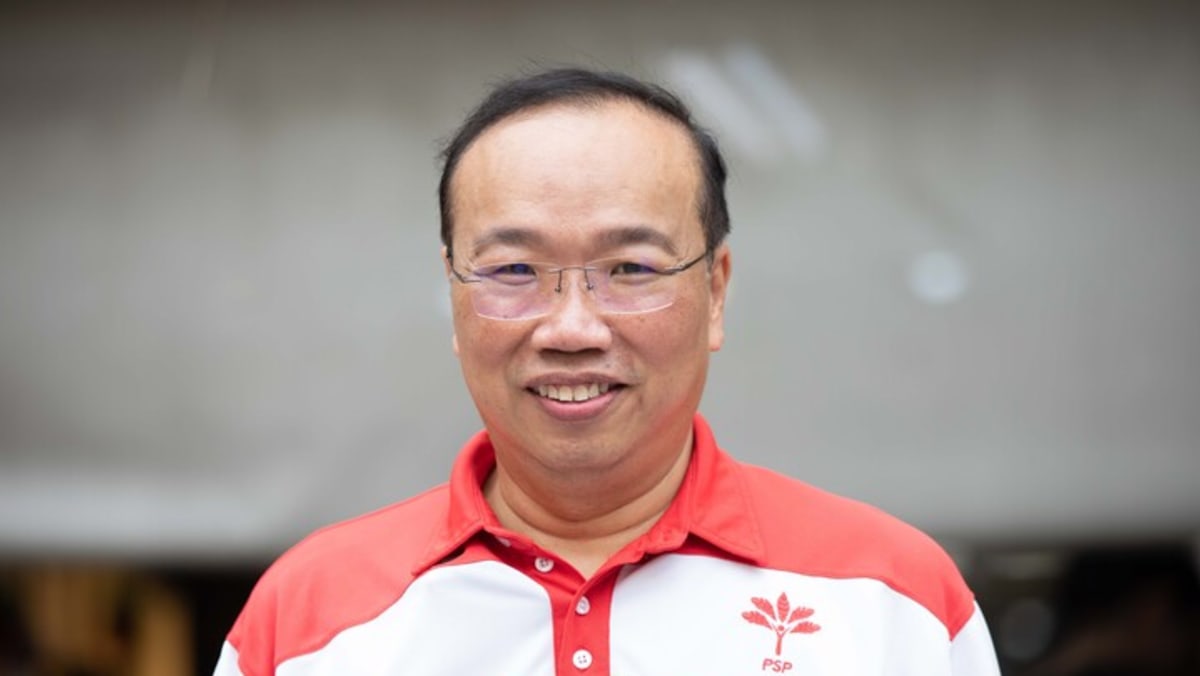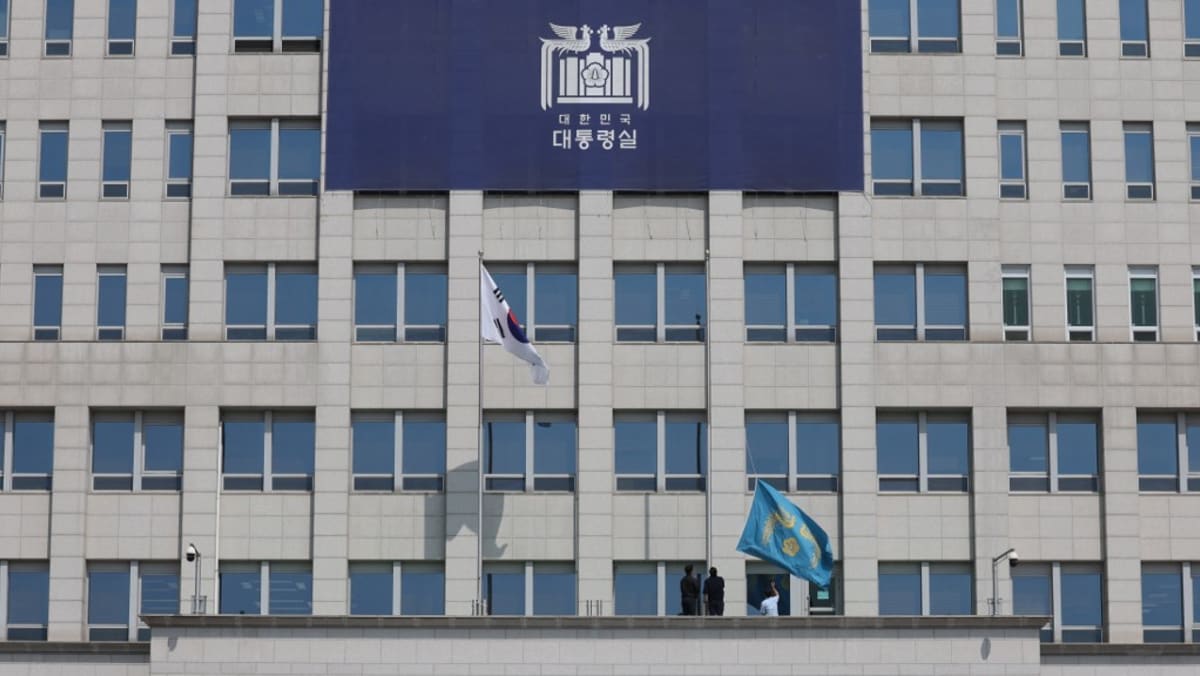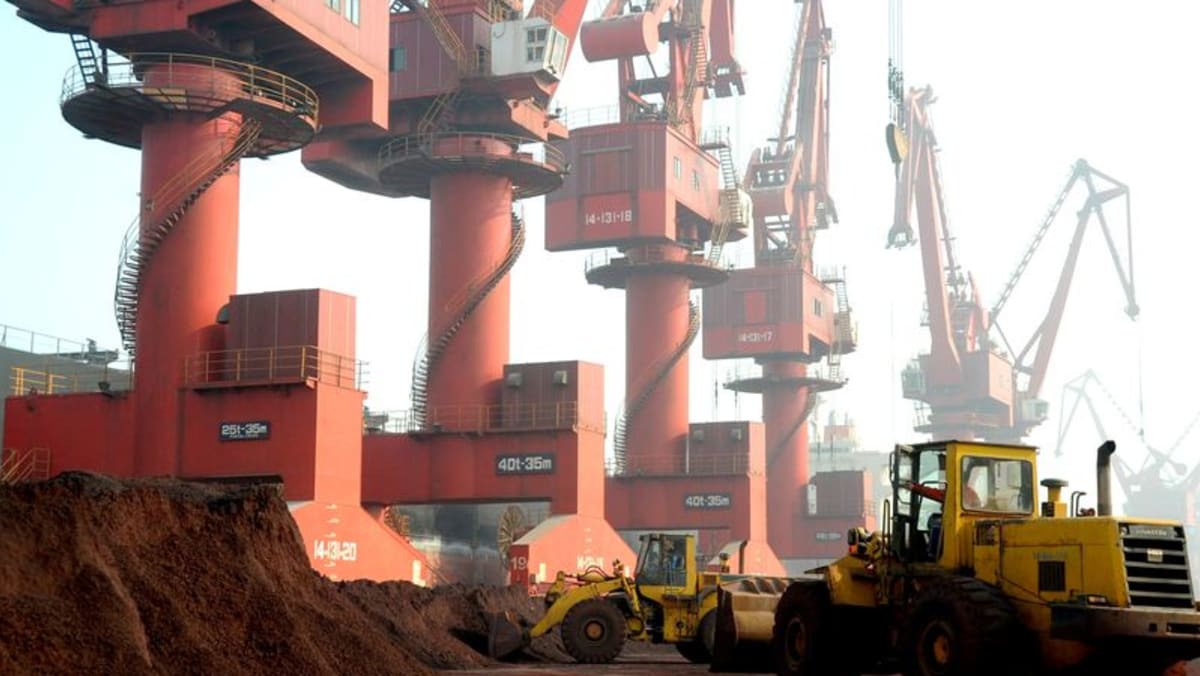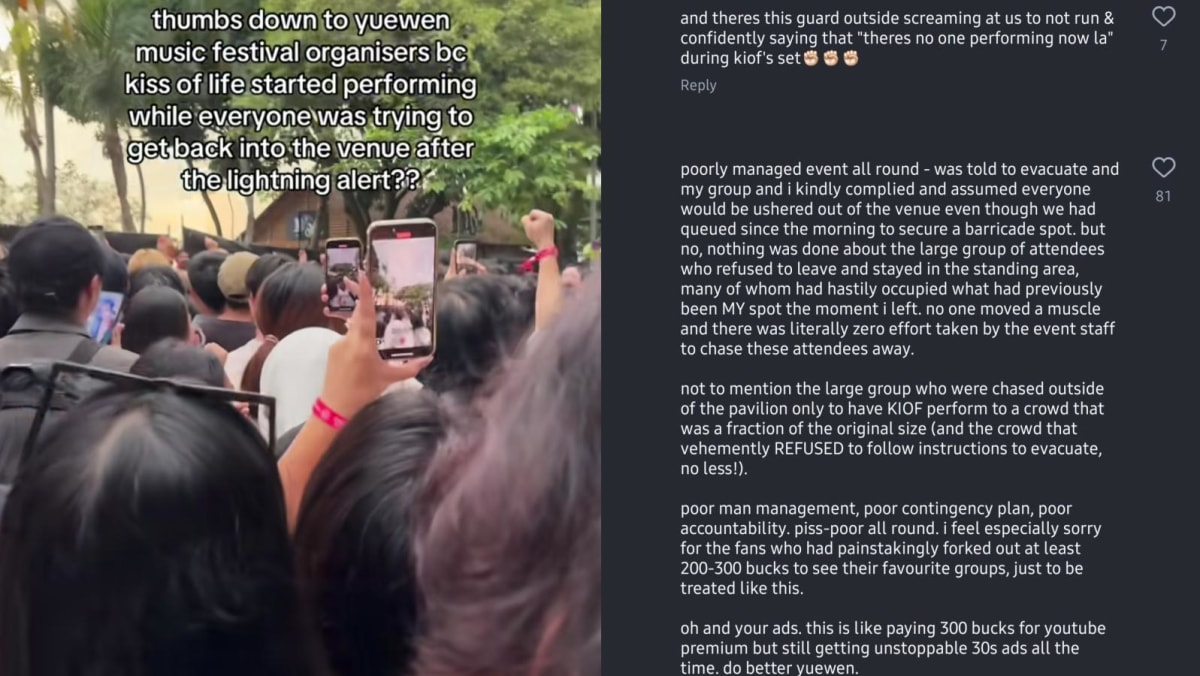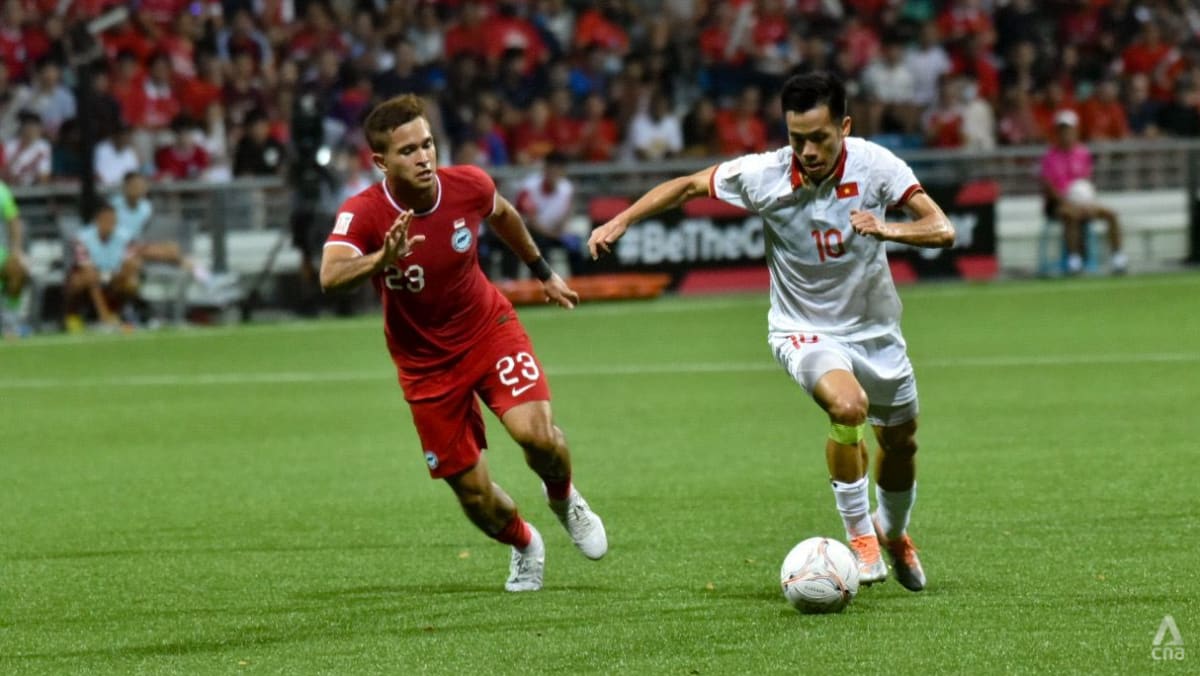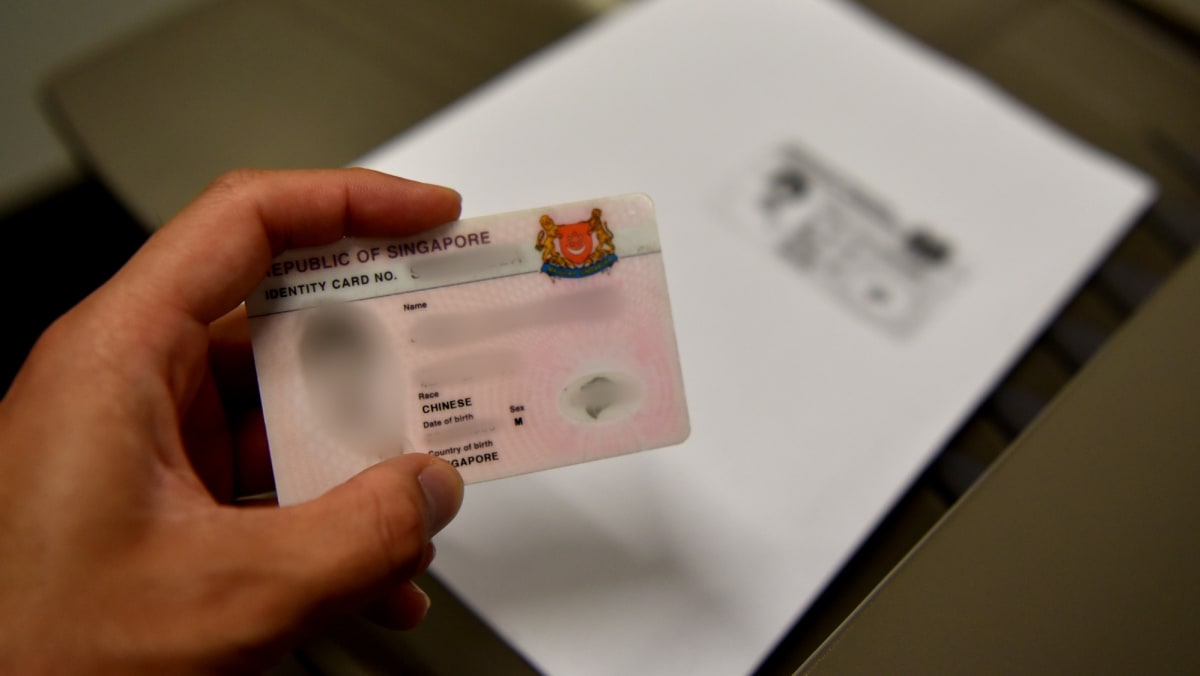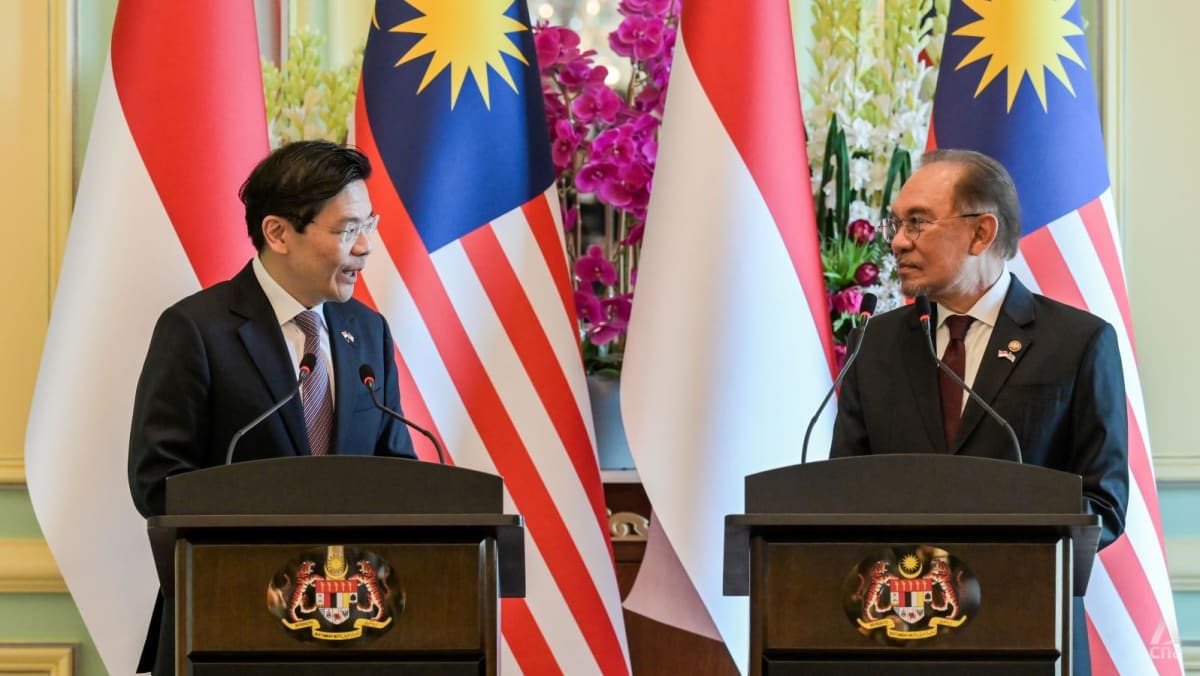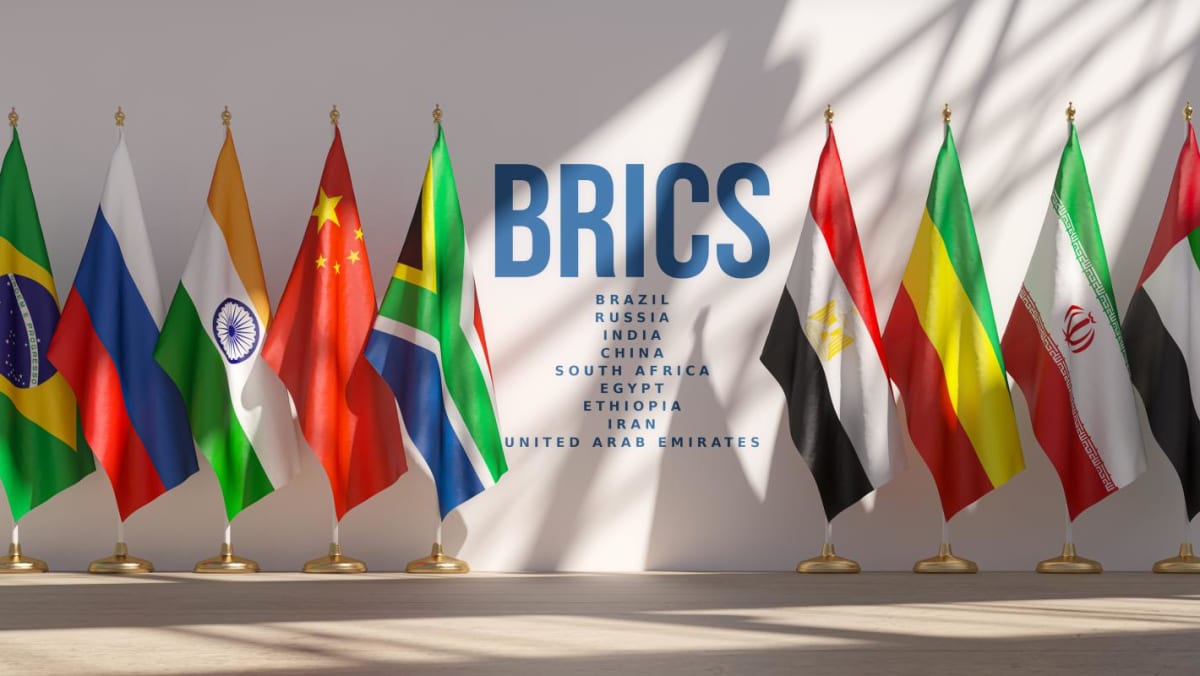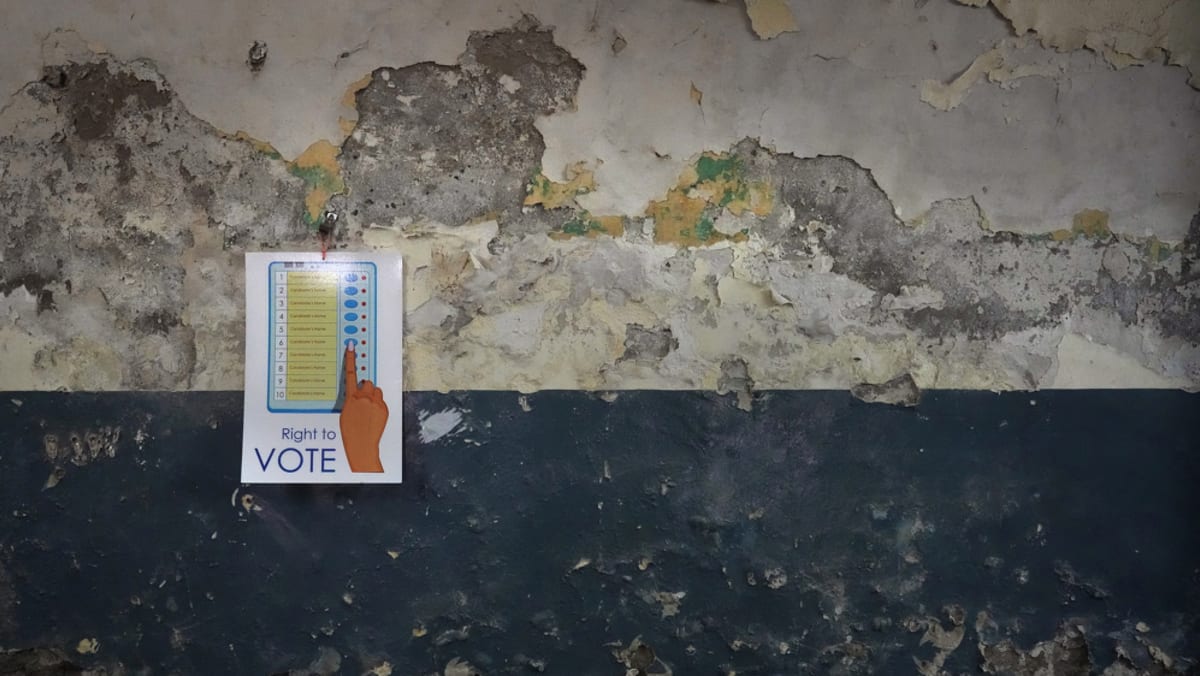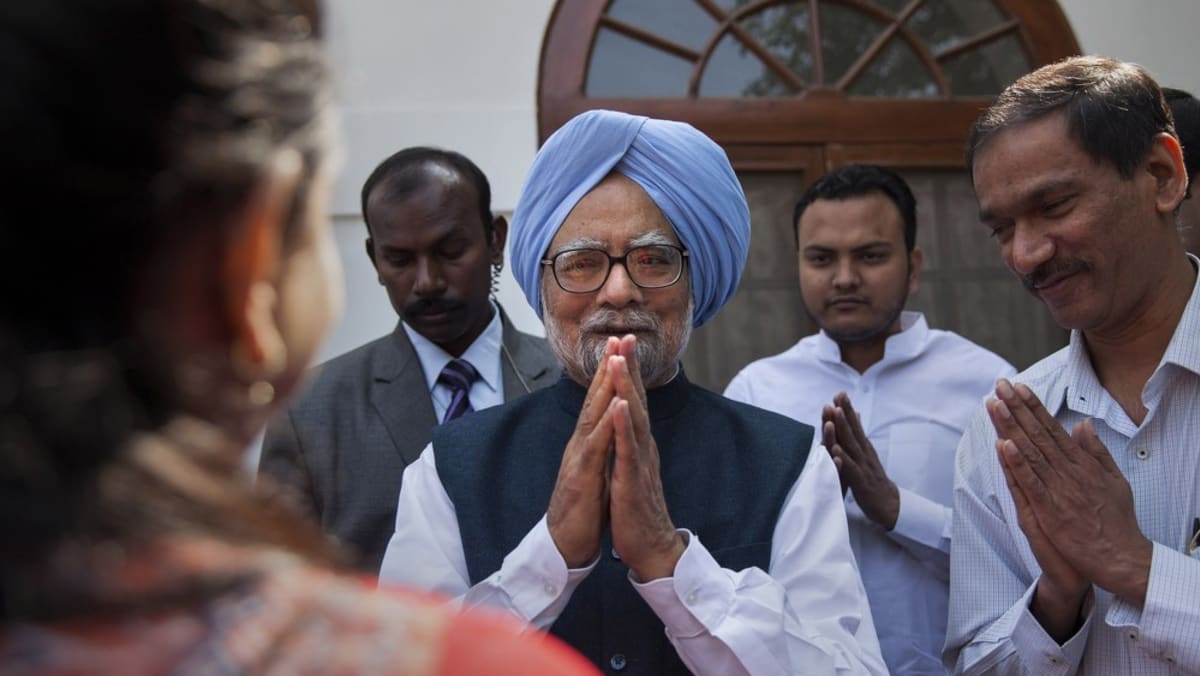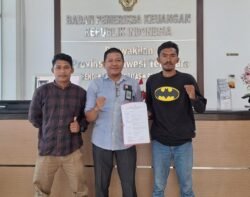South Korean President Yoon Suk Yeol – already impeached and arrested over his short-lived martial law declaration last month – was on Sunday (Jan 26) indicted by prosecutors on insurrection charges.
He will face a criminal trial over allegations by the prosecution that he was the “ringleader of an insurrection”, with investigators earlier saying his imposition of martial law on Dec 3 amounted to rebellion.
Observers told CNA the case appears to be straightforward, despite Yoon’s continued refusal to talk to investigators.
“I think that the prosecutor's office was trying to indict Yoon on the strongest charge before them. And there was also a timing matter at play here as well,” said Jeremy Chan, senior analyst at political risk consultancy Eurasia Group’s China and Northeast Asia team.
He noted that without the indictment, Yoon – a former top prosecutor himself – would have been released from detention as early as Tuesday after the courts refused to extend his arrest warrant.
Prosecutors would have feared further difficulty in bringing him in for questioning, Chan added.
“But more fundamentally, the prosecutor's office is trying to accelerate the removal of Yoon formally from office,” he told CNA’s Asia First, though he said this is more likely to happen through impeachment proceedings rather than the criminal case.
The country’s constitutional court is currently deciding whether to uphold Yoon’s impeachment by parliament.
If it does, he will be forced out of office. Elections to choose his successor must then be held within two months.
“VERY HARD JOB” FOR LAWYERS: PROFESSOR
Youngmi Kim, head of Korean Studies at the University of Edinburgh, told CNA’s Asia Tonight that she thinks it is “obvious” that Yoon’s declaration of martial law was illegal.
“I think there is a lot of proof that what he has done – and also what the (former) minister of defence and supporters of the martial law have done – are obvious,” she said.
“So in the end, I don’t think we need to worry too much. The constitutional law will operate.”
Former South Korean defence minister Kim Yong-hyun was also earlier charged with insurrection over the failed martial law attempt. He previously claimed full responsibility for it and tried to take his own life in a detention centre.
Law professor Baik Tae-Ung concurred that Yoon’s lawyers would have a “very hard job” defending him, given “ample data and evidence” shown to the public through television and other forms of media.
Baik, who teaches at the University of Hawaii at Manoa’s William S Richardson School of Law, said the case “seems to be not too difficult to prove” for the prosecution.
“The only difficulty at this time for the prosecution is to have some extended detention time to prepare and also cross-check the evidence that they have already collected with the testimony of President Yoon,” Baik told CNA’s Asia Now.
WHAT COULD YOON’S DEFENCE ARGUE?
Yoon’s defence team has argued that declaring martial law was a simple exercise of a legal authority granted to the president under the Constitution, and that he never intended to disrupt state organs or democratic processes.
Under South Korean law, insurrection is defined as an attempt to overthrow the government organs established by the Constitution, or to render the exercise of their functions impossible by force.
The offence is punishable by life imprisonment or death.
Chan said Yoon’s lawyers have also signalled that they will not cooperate with criminal investigations, viewing this as illegitimate and that he is immune from the charges.
He added: “More fundamentally, you saw (in) the constitutional court last week, a legal strategy whereby the sort of inner circle that enabled and helped Yoon to carry out martial law, particularly the former defence minister – there's a sort of circling-the-wagons effect that's happening now.”
Kim testified before the constitutional court last week that he wanted a broader military deployment but was overruled by Yoon.
Chan described this as Kim “essentially trying to fall on his sword and take blame for both the planning and the execution of martial law, while trying to excuse Yoon’s behaviour in that”.
Baik said he thinks Yoon’s main defence strategy is to buy time and focus on impeachment proceedings in the constitutional court, where they could raise issues like parole requests or challenge evidentiary challenges.
“But I think the defence attorneys will have some difficult times, and they may have some other strategies,” he added.
CHANGE IN SUPPORT
Baik also pointed out that Yoon will be hoping for changes in South Korea’s political climate.
Support for his ruling People Power Party (PPP) was at an all-time low last year, but a series of polls this month found that its favourability ratings are higher than those of the main opposition Democratic Party (DP).
Chan said this was due to a “broad kind of consensus” within South Korea that the DP “is overreaching a bit and probably politicising the legal process too much”.
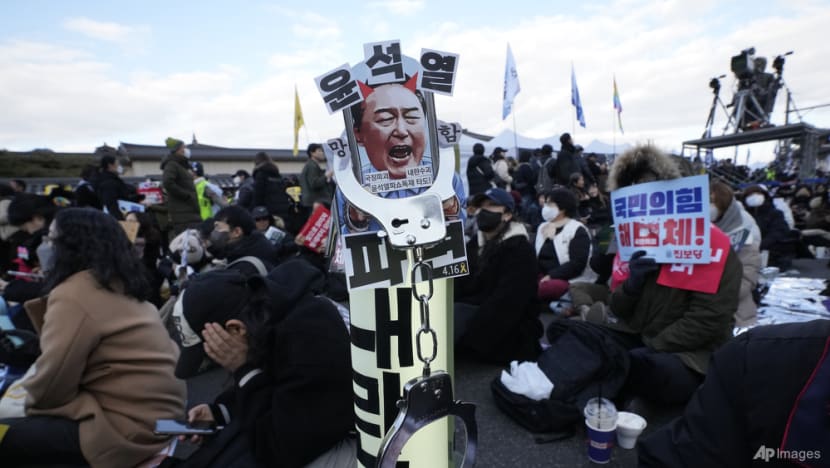 An image of impeached South Korean President Yoon Suk Yeol is displayed during a rally demanding immediate indictment of Yoon in Seoul, South Korea, Saturday, Jan. 25, 2025. The letters read "Yoon Suk Yeol." (AP Photo/Ahn Young-joon)
An image of impeached South Korean President Yoon Suk Yeol is displayed during a rally demanding immediate indictment of Yoon in Seoul, South Korea, Saturday, Jan. 25, 2025. The letters read "Yoon Suk Yeol." (AP Photo/Ahn Young-joon)
He also noted how main opposition leader Lee Jae-myung is facing his own set of legal troubles that could disqualify him from participating in the next presidential election.
Lee was found guilty last November of violating election laws and will be barred from running for office if his conviction is upheld. The trial over his appeal is set to conclude by Feb 26.
“So, I think the average voter in South Korea is now seeing that the centre left is probably trying to overly politicise this process for their own benefit, and is therefore not all that better than Yoon was on the right,” said Chan.
Nevertheless, Baik said the recently released polls do not seem to reflect the full sentiments of South Korea, as many people are refusing to answer poll questions or take calls.
The law professor also flagged a few upcoming “important moments” like Lee’s case, where a verdict may be announced in March.
If Yoon’s impeachment is upheld in the constitutional court, the PPP may also need to prepare for an election for which they apparently do not have a clear candidate for, Baik said.
“There could be some kind of a division and also competition against each other, and maybe even some kind of chaotic situation. So, a lot of political turmoil is still being expected,” he added.


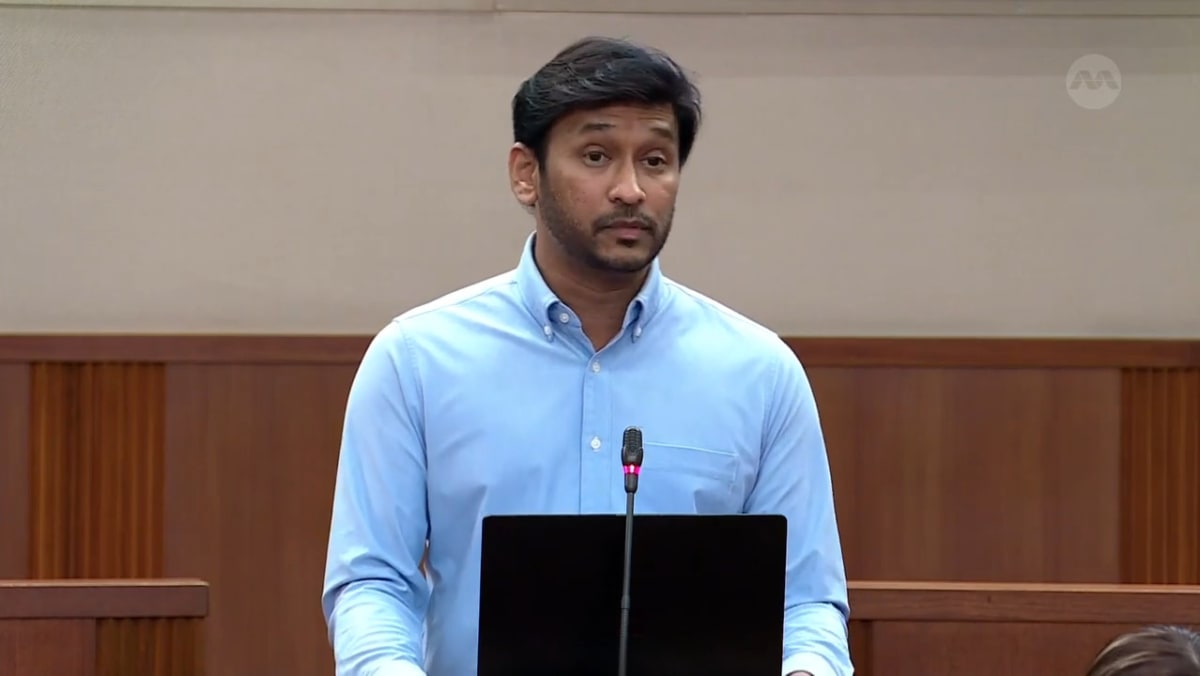
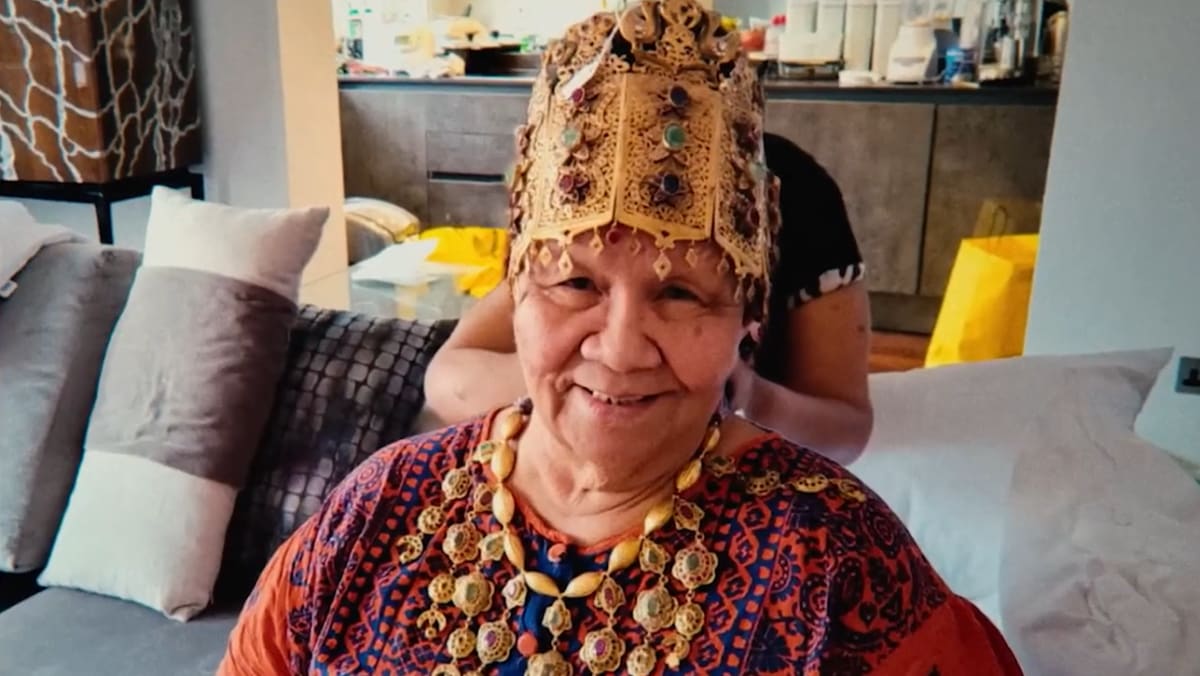
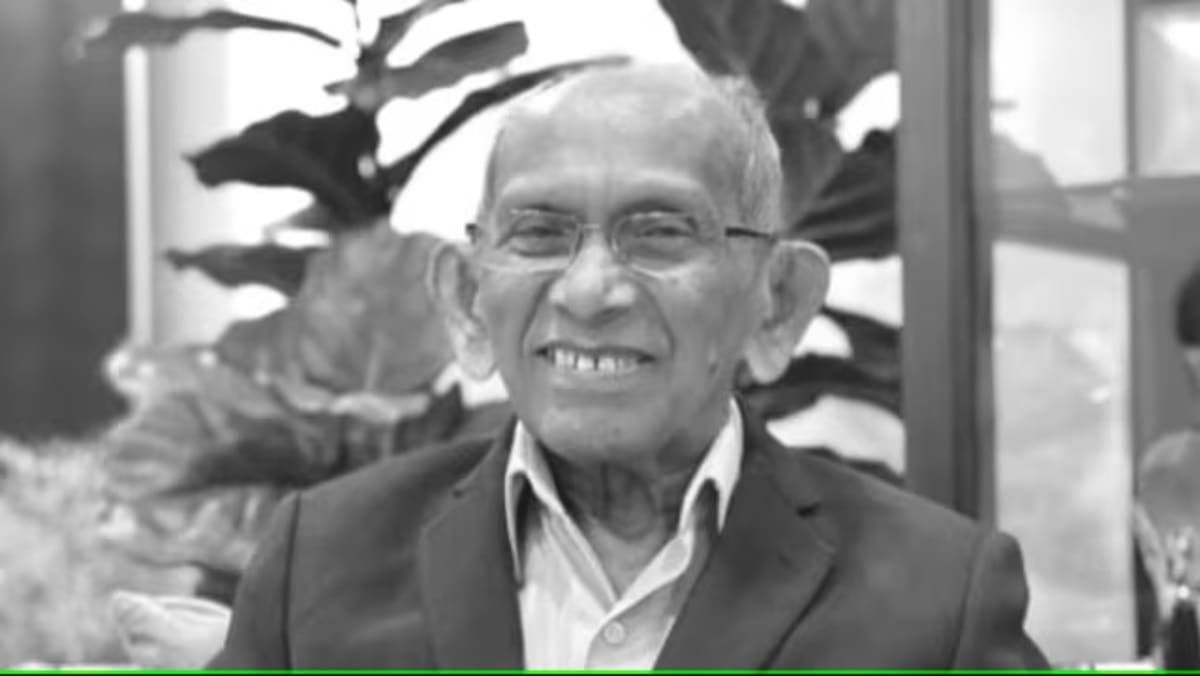
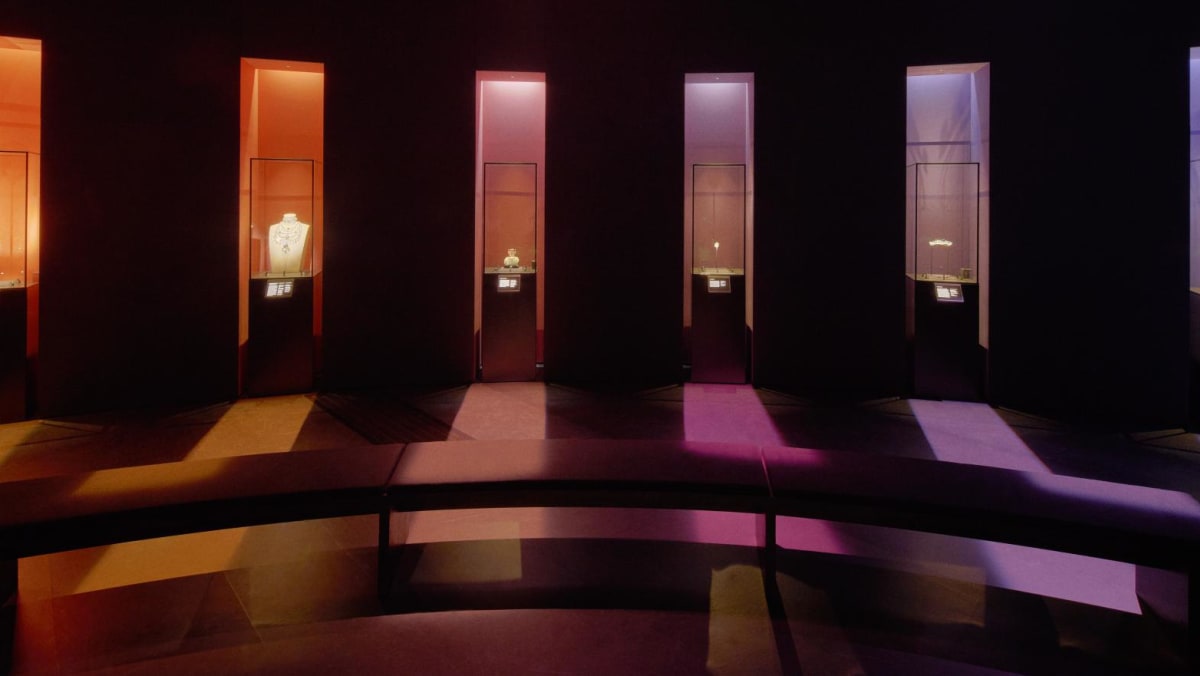
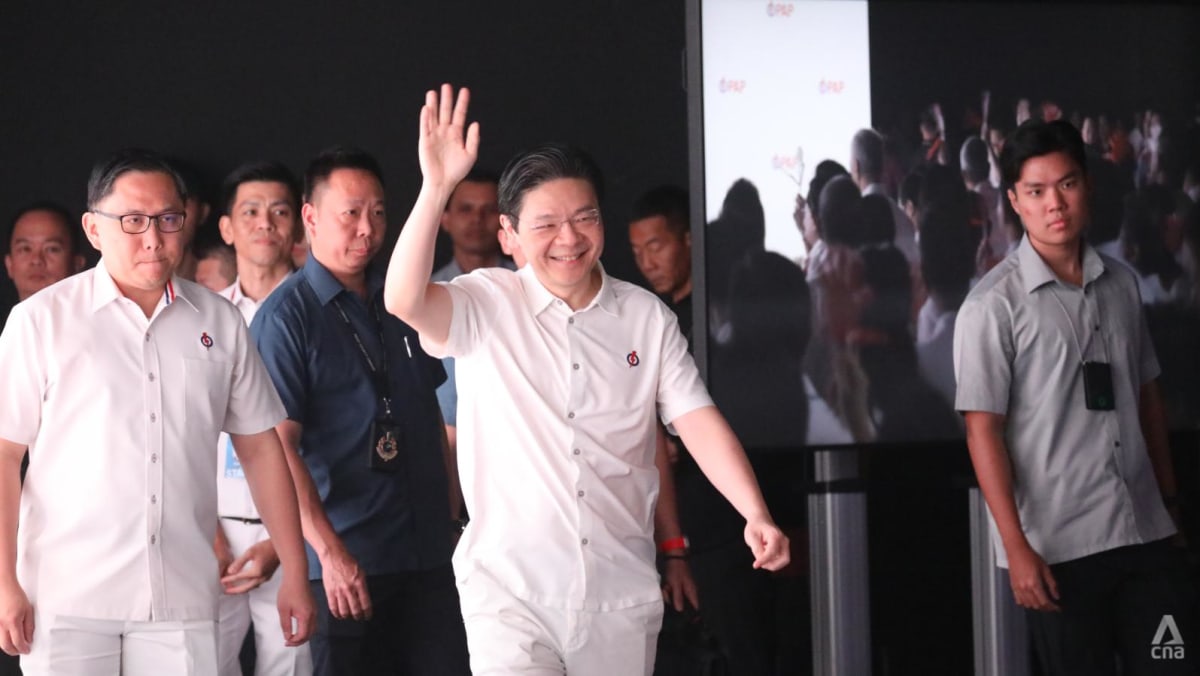
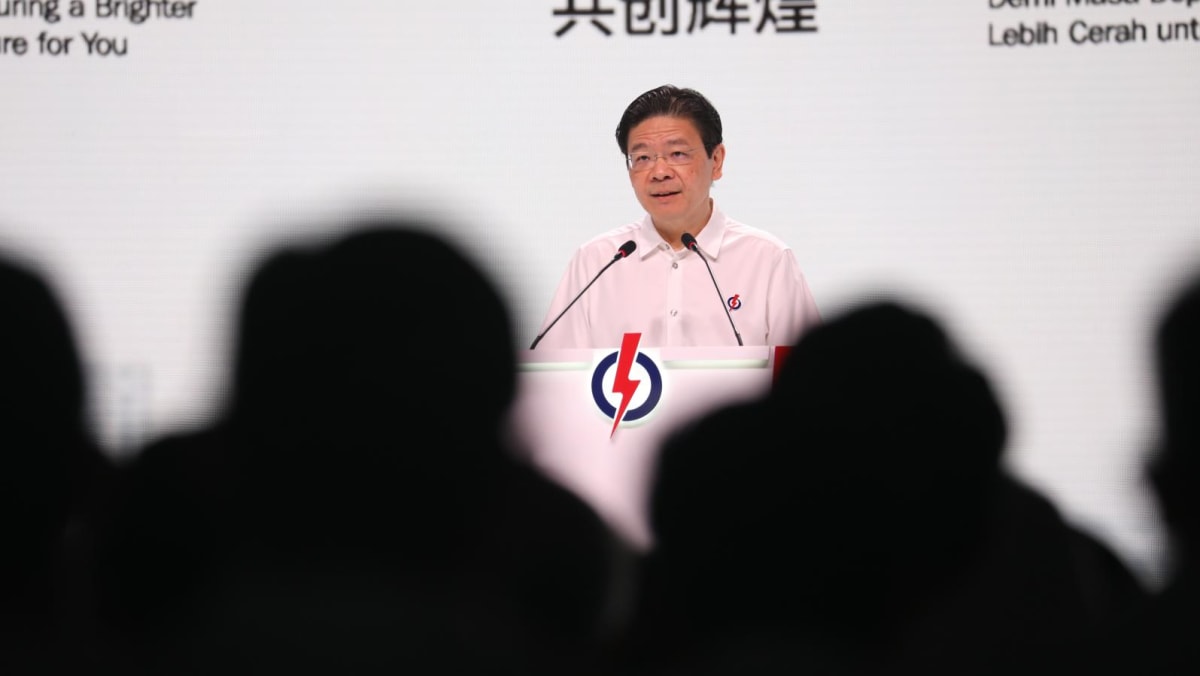
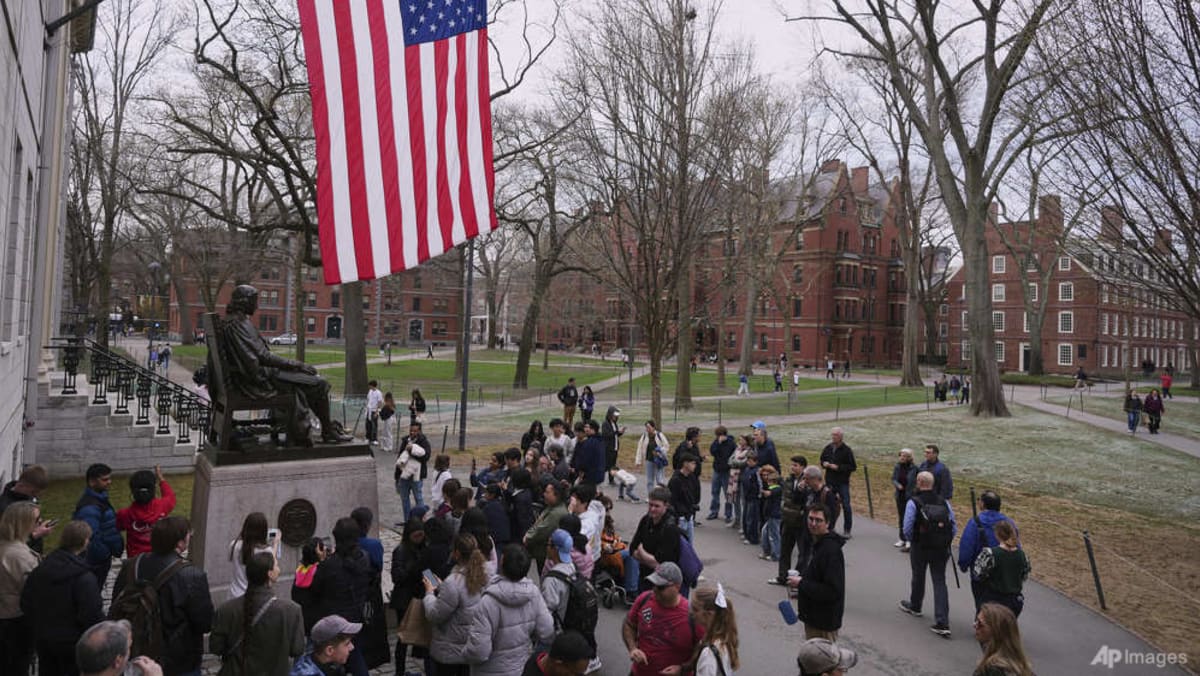
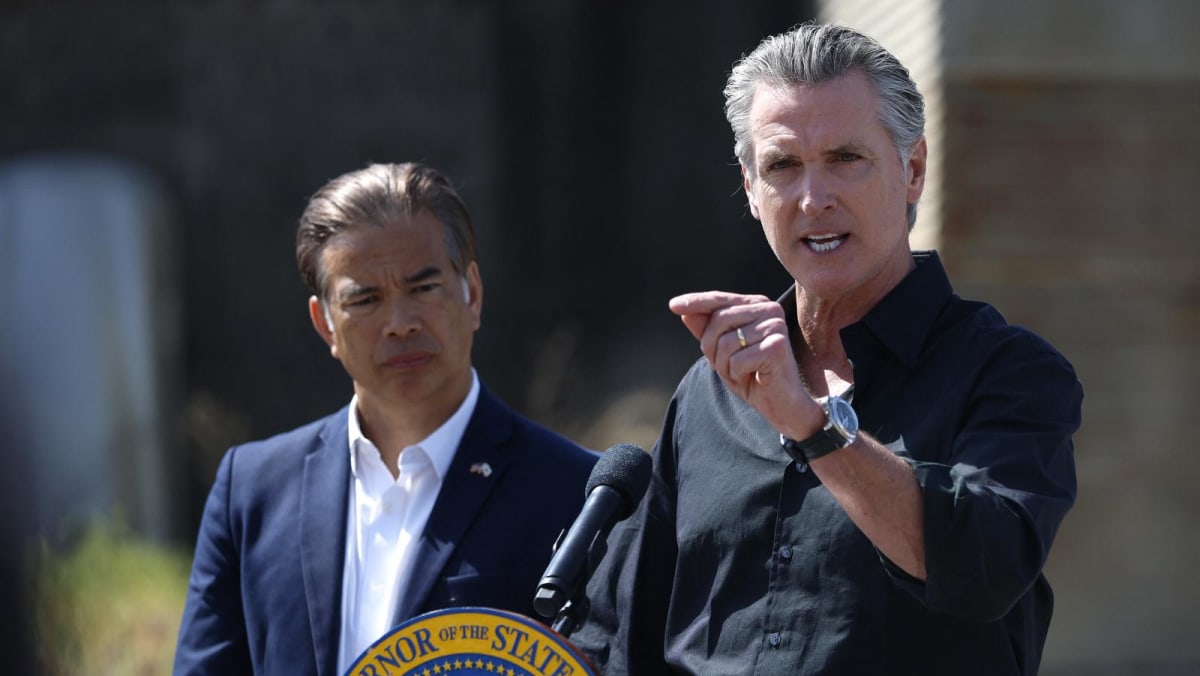
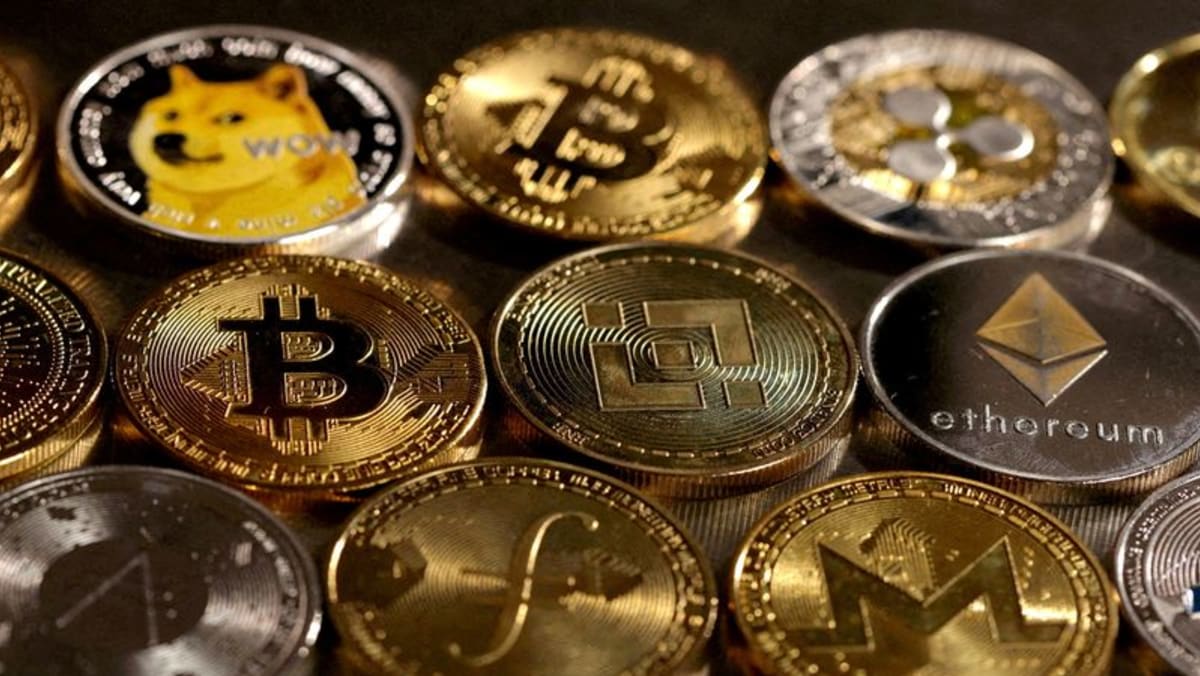

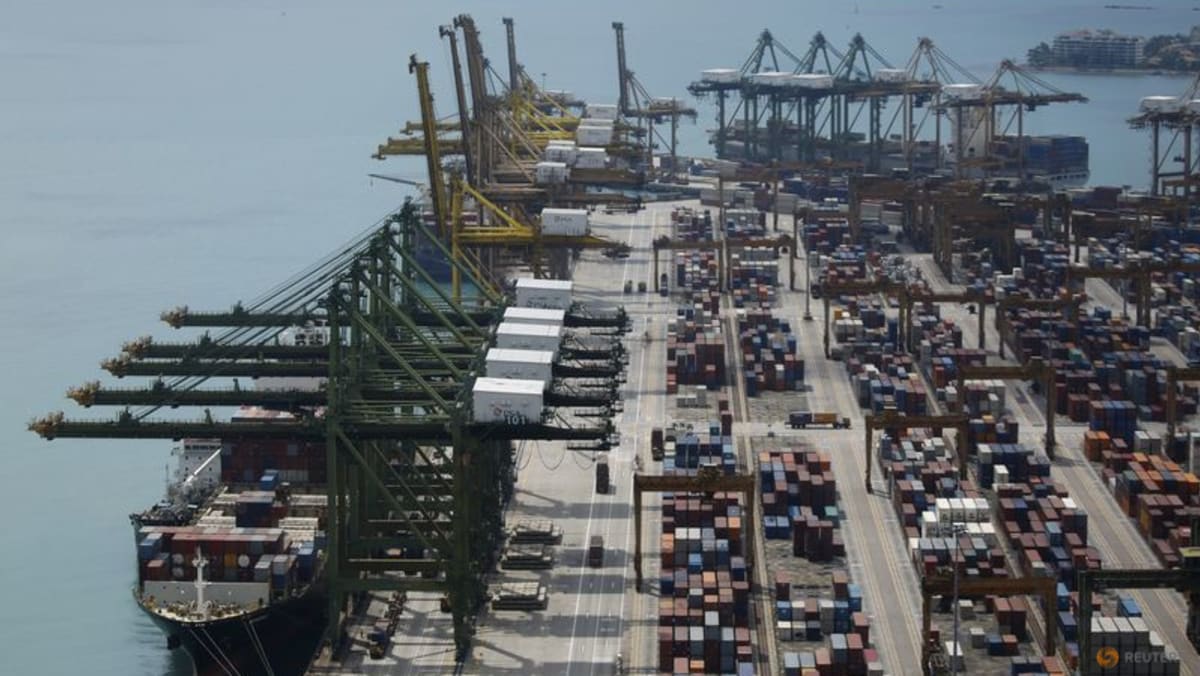
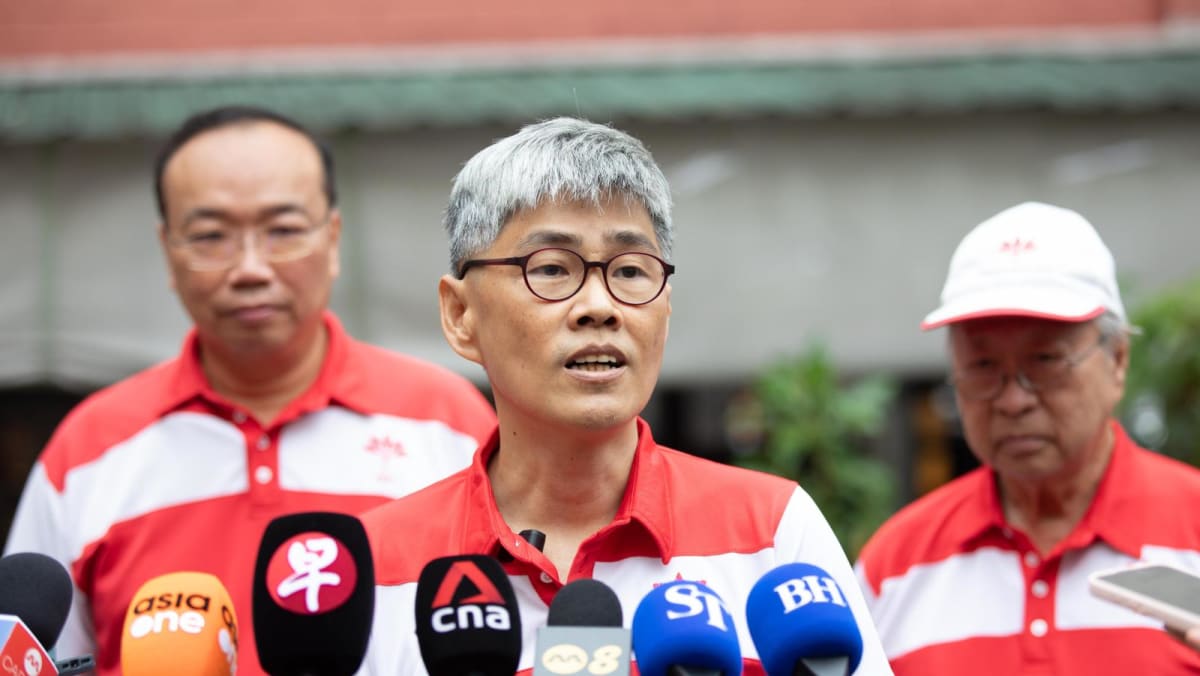
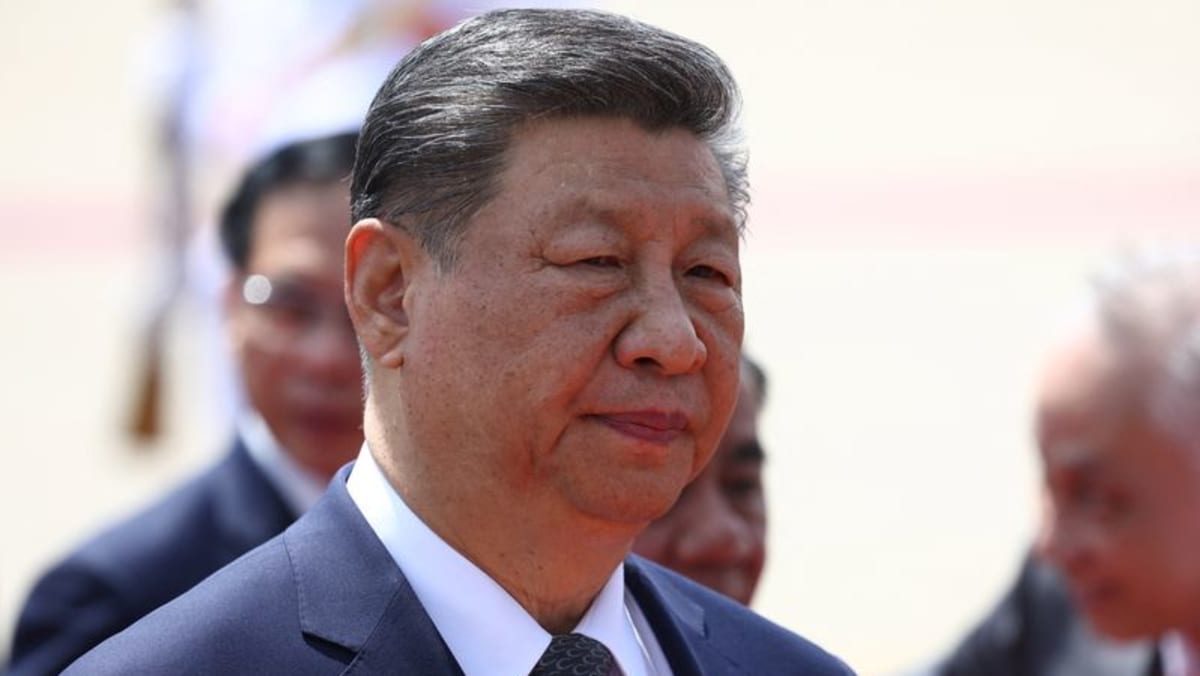
.png?itok=erLSagvf)
